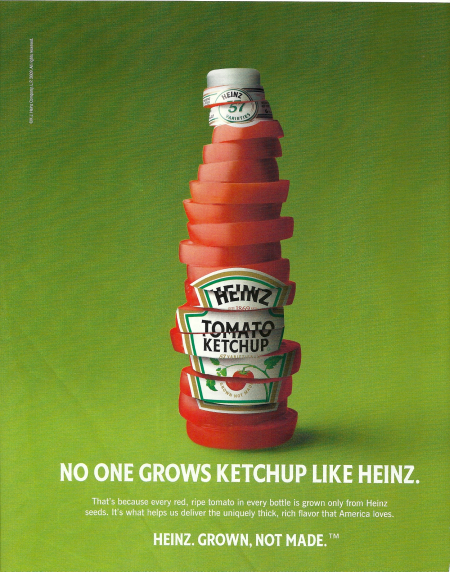Trent McGovern
Mrs. Fusaro-Pizzo, Blogger #22
March 7, 2019
Sophomores, Period 7
Aim: How does Animal Farm demonstrate persuasive manipulations?
First we did a reading check quiz on chapters 4-7.
After that, we continued yesterday's lesson by going over more examples of persuasion.
Bandwagon: A statement suggesting that everyone is using a specific product. Examples of this are peer pressure and the phrase "all the cool kids are doing it".
We watched an Old Navy Commercial where a kid was asking his mom to get him the clothes that all the other kids were wearing.
https://www.youtube.com/watch?v=6dQRCOEeHaY
Expert Opinion (Logos): Experts approve this product, so you should use it.
"Four out of five dentists recommend sugarless gum for their patients who chew gum."
We then did a quick review of all the other persuasion techniques we learned:
Slogan
Repetition
Bandwagon
Testimonial (Ethos)
Emotional Appeal (Pathos)
Expert Opinion (Logos)
Audience Awareness:
-Advertisers know how to target their audiences, they use appropriate persuasive techniques.
We then watched a commercial about a former smoker from the CDC, and wrote down some persuasive techniques used in the commercial, and who the commercial appealed to.
Class Discussion:
-Appeals to smokers
-Appeals to non-smokers who are interested in smoking
-Pathos: makes you feel strongly about the negative effects of smoking
-Logos: funded by organization, the CDC (Centers for Disease Control and Prevention), which people trust
Who is the audience?
We then saw a McDonald's ad that was promoting the Minion toys.
This appeals to kids who are going to ask their parents to take them to McDonald's to get the toys
We then saw an ad for diet coke featuring Taylor Swift:
Class Discussion:
-Appeals to 12-25 year olds
-Ethos (celebrity)

Jimmy Choo Man poster featuring actor Kit Harrington from Game of Thrones:
Class Discussion:
-Appeals to fans of the show, as well as women who find him attractive
-sex appeal

Advertisement for a medicine with the words "It was a year ago that I had a heart attack and died" in large text.
Class Discussion:
-pathos: showing dad with his son, appealing to families
Heinz Tomato Ketchup Ad
Class Discussion:
-This ad gives off the impression that Heinz ketchup is fresh and made with real tomatoes.
-Appeals to people who want more natural products
-Appeals to people who don't think ketchup is good for them and makes them think that it is fresh and healthy

Relevant facts (from last year):
-Advertisers spend about $200 billion a year on TV advertising.
-The average cost for Super Bowl ads is $127 million per 30 second spot
-The average American watches about 24,000 TV commercials a year
Extra facts from class discussion:
-The color red makes you hungry, which is why it is used for many fast food brands such as McDonald's or Burger King.
-Children under two are very likely to get addicted to a product with sugar in it, causing them to want more of it as they grow older
Reflection:
"Persuasion is all around you"
In addition to TV commercials, where do you see persuasion all around you? Is that persuasion influencing you or your family in any way? Explain.
Class discussion:
-Music from Ice Cream trucks is instantly recognizable
-Politicians use persuasion all the time to try to get you on their side
-All news sources are biased in some way and try to get you to agree with their ideologies.
Group Work:
-Which animals use persuasion? How? Why?
-How is understanding this important to our daily lives?
Class discussion:
-Squealer frequently tries to persuade all the other animals to get them on Napoleon's side.
-Old Major persuaded everyone to rebel against the humans using pathos, logos, and ethos.



























